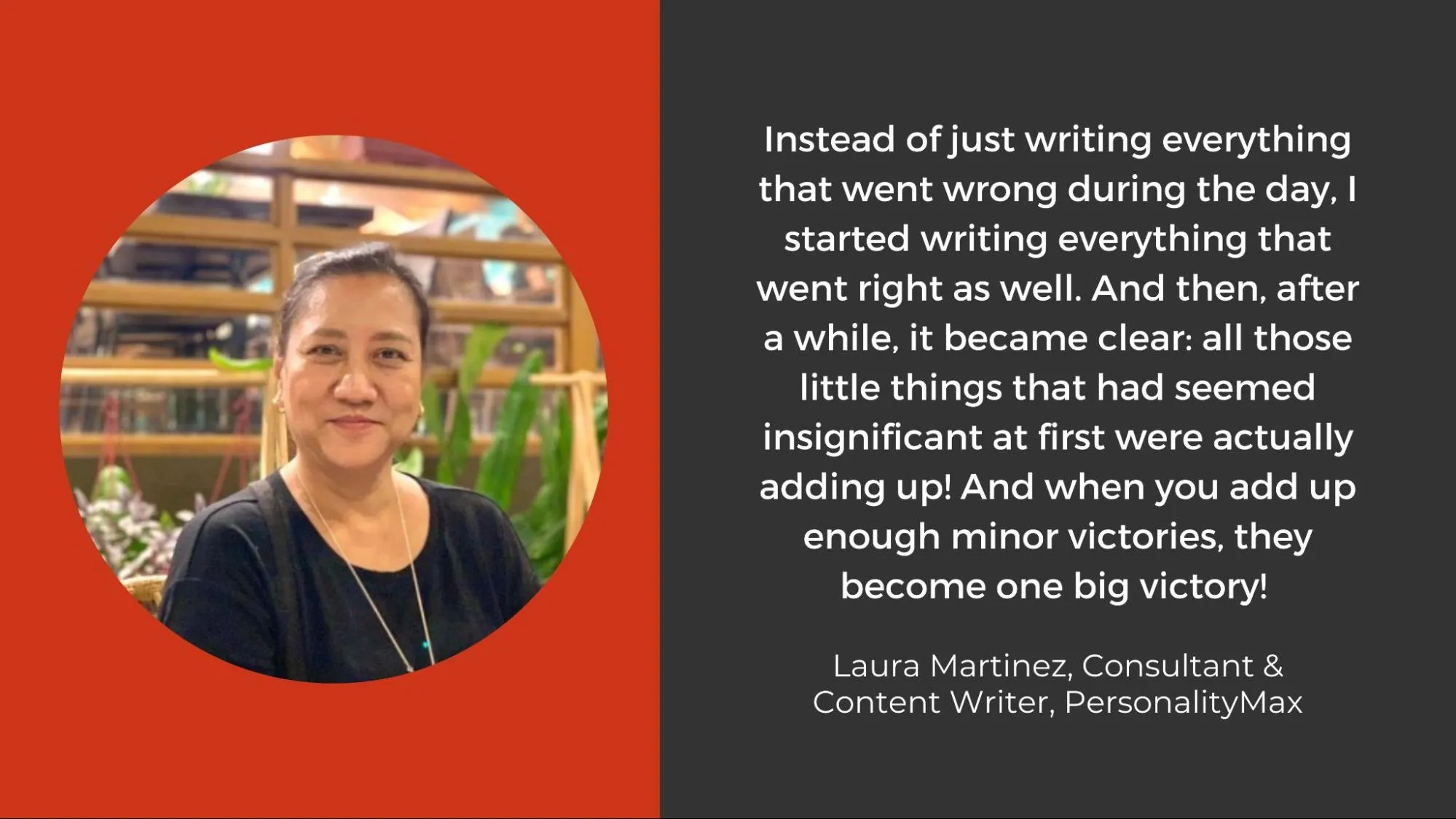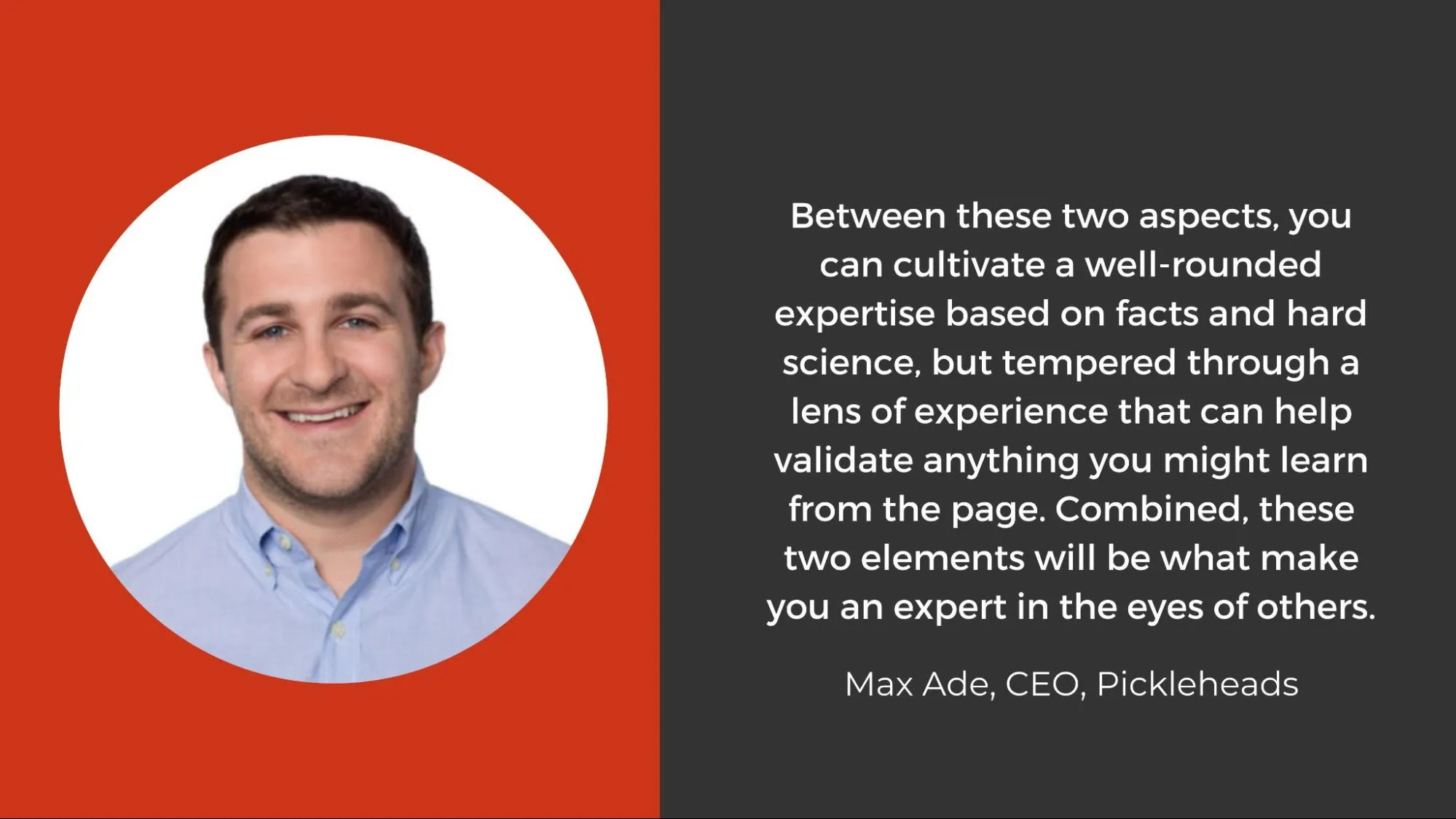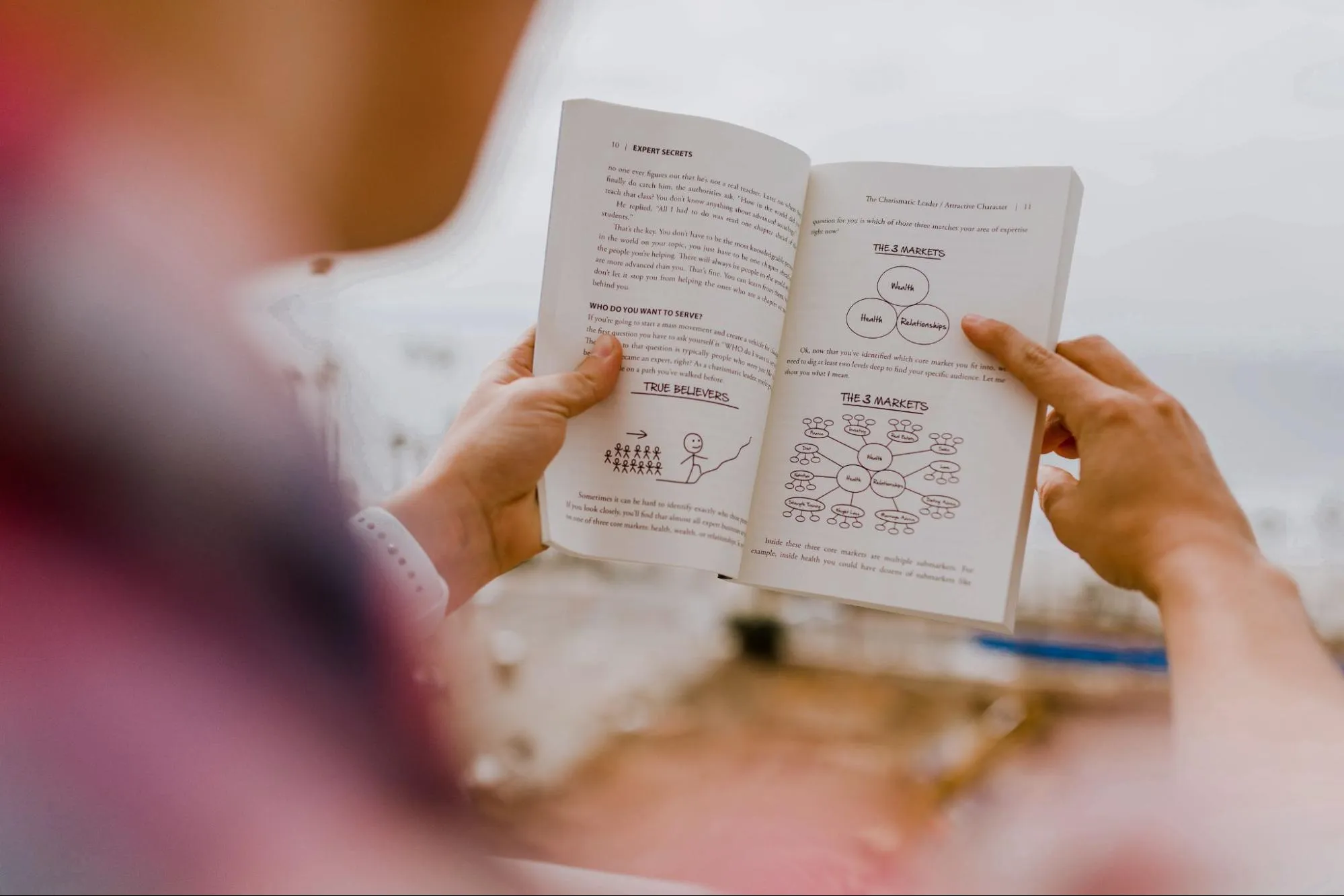How do you become a subject matter expert?
From reading and practicing to experience and reference, here are five answers to the question, “Can you share any helpful tips for becoming a subject matter expert in your field?”
- Read, Practice, Measure, Repeat
- Create Your Own Opportunities
- Recognize Your Mistakes and Victories
- Share Knowledge
- Balance Experience and Research
Read, Practice, Measure, Repeat
My field of expertise is content marketing. I’ve been writing articles that convert via affiliate marketing for almost 20 years. It wasn’t easy at the beginning. It was frustrating at times, but I still remember the first commission I got from my work. The satisfaction acted as an impetus to continue.
That’s how I started reading blogs that taught people how to make money from content marketing. I’ve started following the biggest names in this space and read a lot of their advice. Then I devised a simplified plan to incorporate everything I learned. I then started measuring the impact of my work using the metrics that mattered.
Then, as traffic and sales picked up, I started analyzing and drawing conclusions that led to numerous revisions to my plan. I’ve found that repeating all these steps only worked to validate my previous conclusions while adding new important bits of information that refined my plans even more. Never stop repeating seems to be the key to constant improvement.
Ionut-Alexandru Popa, Editor-in-Chief & CEO, BinaryFork
Create Your Own Opportunities
Theoretical knowledge will never make you a subject matter expert. To truly get to know a subject inside and out, you need to live it daily and experience it in as many ways as possible.
As a subject matter expert in freelance writing, I create my own opportunities for learning and professional development. For example, I attend conferences to learn more about hot topics in content marketing, I pick the brains of other experts in my field, and I network with other freelance writers and professionals so we can help each other solve problems and grow our businesses.
I approach each new contact as a potential resource, either as a client or as an opportunity to learn. Maintaining curiosity, asking questions, and finding new ways to look at things will help you to truly understand what you’re doing and connect the dots better than reading theoretical advice.
Alli Hill, Founder & Director, Fleurish Freelance
Recognize Your Mistakes and Victories
I started out in the field with a lot of enthusiasm, but I quickly realized that there was so much to learn. I didn’t want to get stuck in the same cycle of learning and forgetting, so I started writing all the things that I did wrong daily. But then something happened: I turned it around!
Instead of just writing everything that went wrong during the day, I started writing everything that went right as well. And then, after a while, it became clear: all those little things that had seemed insignificant at first were actually adding up! And when you add up enough minor victories, they become one big victory!
After doing this for a few months (and celebrating every single one), it became clear how important each individual victory was in creating success overall. This helped me become such an expert in my field—because now, when I make mistakes (because we all do), I know exactly where they’re coming from.
Laura Martinez, Consultant & Content Writer, PersonalityMax

Share Knowledge
Information sharing is an undertaking that established my reputation as a subject matter expert. The audience that listened to me and asked questions regarding my field ended up cementing my status as a SME expert. My sharing exploits included writing articles and blogs, giving talks, and acting as an expert for industry publications and established institutions.
Yongming Song, CEO, Live Poll for Slides
Balance Experience and Research
Experience and book learning are both important aspects of gaining expertise. You shouldn’t rely too heavily on one over the other if you plan to have the sort of knowledge you can teach to others. Hands-on practical experience will give you unique insights into a field.
These are the things we can share with others to give them perspective. Research and formal study can expand what you know in a more technical sense, and provide a foundation for the experience that you build.
Between these two aspects, you can cultivate a well-rounded expertise based on facts and hard science, but tempered through a lens of experience that can help validate anything you might learn from the page. Combined, these two elements will be what make you an expert in the eyes of others.
Max Ade, CEO, Pickleheads

Submit Your Answer
Would you like to submit an alternate answer to the question, “How did you become a subject matter expert in your field?”






































